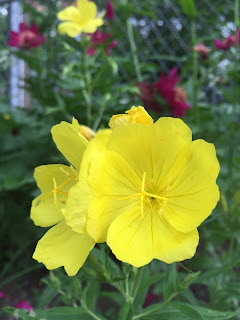Friday, August 14, 2020 was the 85th anniversary of the Social Security Act, and for this, and more, we have Frances Perkins to thank!
Praise for Thanks to Frances Perkins
“Engaging… An informative portrait of an activist and advocate whose accomplishments are still evident today.” —Kirkus Reviews
“Informative…guardians seeking a woman activist’s framework, with actionable steps that resonate today, will find this picture book attractive." —Publishers Weekly
“The lively text presents Perkins’ life and times, while emphasizing her significant contributions to society. Created using pleasant, subdued colors, the well-composed digital illustrations bring past eras into focus and show Perkins’ determined work on behalf of others. An informative picture-book biography of a notable American.” —Booklist
If you want to incorporate early economics education in your classroom, check out this blog post, and this free teachers' guide from Peachtree Books.
Want to hear from author Deborah Hopkinson? She wrote a post for the Nerdy Book Club.
Need a nonfiction text with a unique lead/hook to use as a mentor text? This book is for you!
So many reasons to love this book!! Thank you to to publisher for the review copy!
So many reasons to love this book!! Thank you to to publisher for the review copy!



























